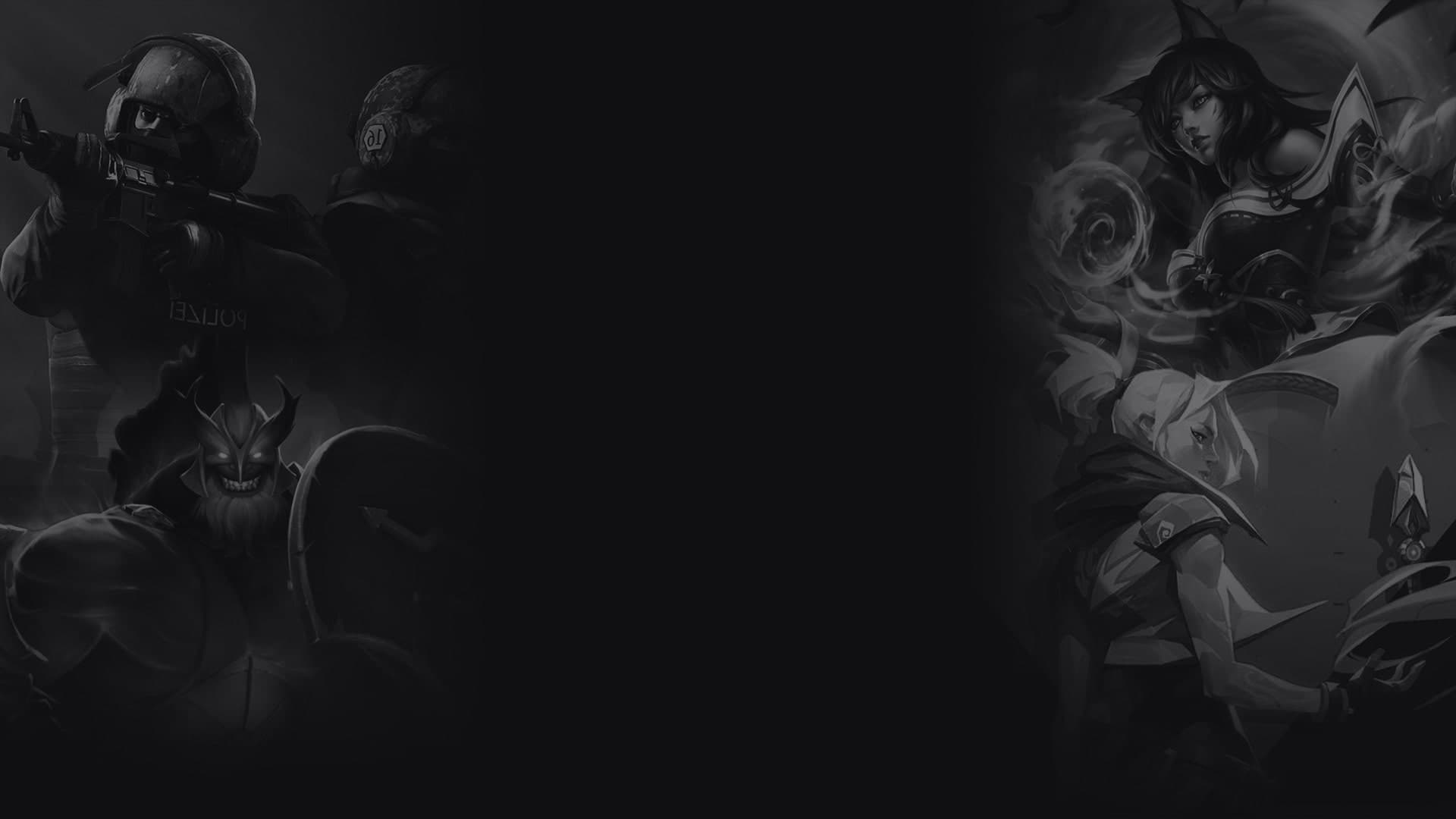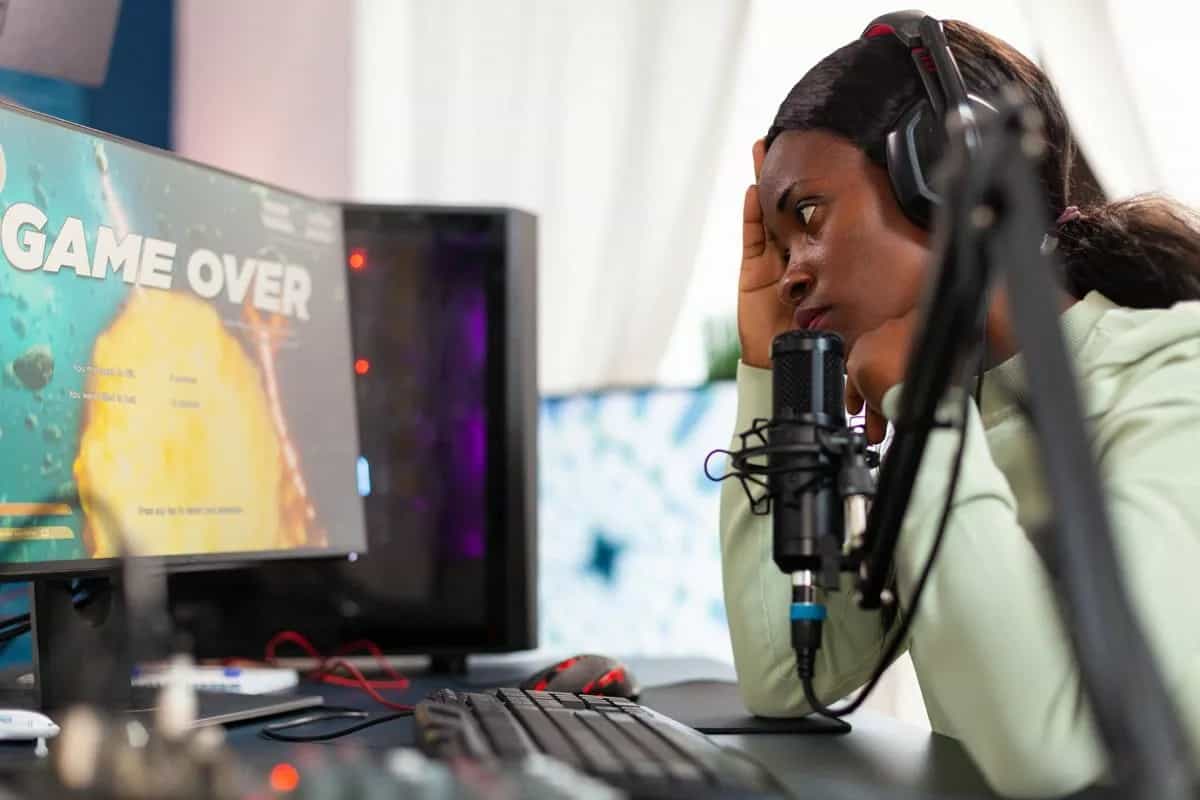The Harsh Reality of Women in Esports
Esports has evolved into a multi-billion-dollar industry with a global audience and a plethora of different titles being played and watched. However, despite its rapid expansion, the landscape remains uneven, with women facing significant challenges such as gender discrimination, harassment, underrepresentation, and economic disparities.
Since, efforts from major esports organizations, established brands, and celebrities aim to foster inclusivity and support women in this arena. However, the impact of these changes are still muddled by far larger, cultural issues within the landscape. Let's take a look.

Challenges female players face in Esports
1. Gender discrimination and stereotypes
Gender discrimination and stereotypes continues to be the most famous issue in the esports community. Women are often unfairly viewed as less skilled than their male counterparts, leading to biased opportunities and representation.
The stereotype that women are less skilled gamers than men remains prevalent, impacting their presence in professional teams, tournaments, and sponsorship deals.
Statistics and insights
According to the "Female Gamers Survey":
- Women already accounted for nearly 50% of all gamers back in 2020, yet 32% of female gamers do not consider themselves “proper gamers” compared to 25% of males;
- Male gamers are more likely to play online multiplayer games (67%) than females, who prefer solo or cooperative games due to the awareness of toxicity in multiplayer environments;
2. Harassment and toxicity
Harassment is one of the most pressing issues faced by women in esports. Female gamers often endure verbal abuse, sexist remarks, and threats both online and offline. This toxic environment can deter women from pursuing careers in esports, impacting their mental health and overall well-being.
Statistics and insights
While 60% of gamers have experienced abuse or toxicity, the nature of this abuse differs by gender:
- For females, 40% report verbal abuse, 35% have received sexually inappropriate content, and 28% have faced sexual harassment.
- Many female gamers disguise their identities, change profiles, or avoid using microphones to evade harassment;
3. Representation and visibility
The lack of female representation in esports is concerning, to say the least. Women constitute a small fraction of professional esports players, commentators, and organizers.
This underrepresentation extends to esports media coverage, sponsorship deals, and endorsement opportunities, which are disproportionately skewed in favor of male gamers.
Statistics and insights:
- At the Hangzhou Asian Games, only eight out of nearly 500 participants were women, despite the competition being officially mixed-gender.
- Female representation in the competitive scene remains low, even though women make up 37% of gamers in Asia;
4. Pay gap and Economic disparities
Economic inequality is another harsh reality for women in esports. Female gamers often earn less than their male counterparts. Prize money in female-only tournaments is significantly lower than in open tournaments dominated by men.
Additionally, women are less likely to secure high-paying sponsorships and brand deals, further widening the pay gap.
- As reported back in 2020: "Top 10 males winnings ranged from $3.6 million to nearly $7 million. Among female esports pros, that range was just $50,000 to $358,000.", a 90-95% difference.
Efforts by Big esports organizations
Despite these challenges, major esports organizations are taking steps to promote gender equality and inclusivity:
- Diversity programs and initiatives: Organizations like Riot Games, Blizzard Entertainment, and Electronic Arts have launched initiatives to support diversity and inclusivity. Riot Games' "Rising Stars" and Blizzard's "Women’s Mentorship Program" aim to provide mentorship and resources to aspiring female gamers.
- Female-only tournaments: Major esports organizations have introduced female-only tournaments to provide women with platforms to compete. For example, ESL’s "Intel Challenge" and the "Girl Gamer Esports Festival" offer women exclusive opportunities to showcase their talents.
- Code of conduct and Anti-harassment policies: Implementing strict codes of conduct and anti-harassment policies is crucial. Organizations are increasingly adopting these measures to create a safer and more welcoming environment for female gamers.

The role of brands and celebrities
Established brands and celebrities are key in supporting the movement for gender equality in esports:
- Sponsorship and endorsements: Brands like Intel, Red Bull, and Logitech are sponsoring female gamers and women-centric tournaments. By endorsing female talent, these brands help increase visibility and opportunities for women in esports.
- Collaborations and campaigns: Celebrities and influencers can collaborate with esports organizations to raise awareness and advocate for gender equality. High-profile figures like Serena Williams and Billie Eilish, who have expressed support for female empowerment, can amplify the message and drive change.
- Grassroots programs: Brands and celebrities can invest in grassroots programs aimed at nurturing female talent from a young age. Initiatives like "Girls Who Code" and "Girls in Tech" are examples of programs that encourage more girls to enter esports.
- Public advocacy and mentorship: Established figures in the gaming community, such as popular streamers and professional players, can use their platforms to advocate for inclusivity and offer mentorship to aspiring female gamers. Figures like Imane "Pokimane" Anys and Sasha "Scarlett" Hostyn have been vocal about the need for greater gender equality in esports.
.jpg&w=3840&q=75)
Success stories and positive role models of women in esports
Despite the challenges, there are numerous success stories of women making their mark in esports. These success stories are a testament to the efforts being made to promote gender equality in the industry.
While highlighting individual examples was possible, such as women winning major tournaments and achieving significant success across various games, the true measure of progress is seen in the growing number of women breaking barriers and thriving in esports.
These achievements prove the effectiveness of initiatives and support systems that are gradually creating a more inclusive and equitable environment for all gamers.
Women in esports have had to fight through discrimination, harassment, and economic disparity as it continues to haunt players worldwide. However, the landscape is gradually changing as awareness grows and efforts to promote inclusivity intensify.
By addressing these challenges head-on and fostering a more supportive environment, the esports community can move towards a future where gender equality is not just an aspiration but a reality.
Ensuring that women have equal opportunities, representation, and respect in esports is crucial for the industry's continued growth and success. Through continued effort and collaboration, the esports community can move towards a future where gender equality is not just an aspiration but a reality.
Feature image credits: British Esports
Read also:
MinD_ContRoL Joins Shopify Rebellion: A New Chapter Begins
Rainbow Six Siege Operation New Blood : All Things New
APEKS to exit Counter-Strike temporarily; citing ‘challenging economic circumstances’

